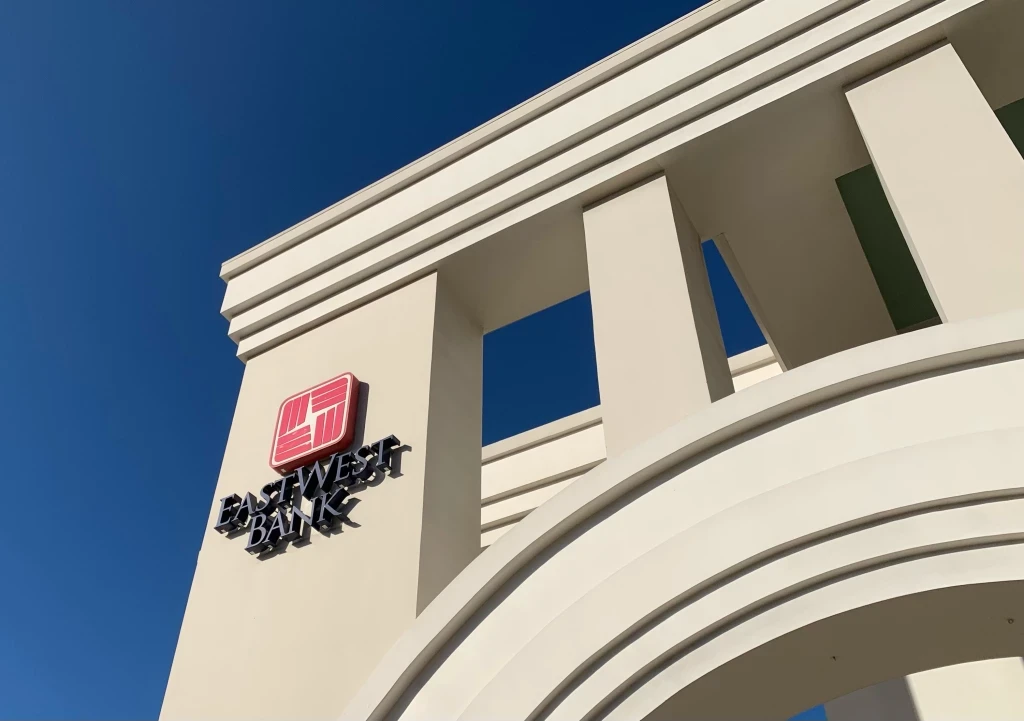Challenger banks
In 2022, that often meant venturing outside of money management to help users find suitable jobs for their situations, keep an eye on their children from afar, or even go offline to build community. Sometimes, these neobanks charge extra for these services and lessen their reliance on interchange fees; other times, the non-banking services help the neobank differentiate itself from its peers, or even from traditional financial institutions.
"Software focused on solving money-adjacent problems is the biggest competitive threat facing traditional banks today precisely because it's not about taking market share away," Alex Johnson, author of the Fintech Takes newsletter, said in November. "It's about creating new markets, based on problems that customers have always wanted a better solution for, but have never had."
Here are five ways that challenger banks added value beyond digital banking in 2022.











